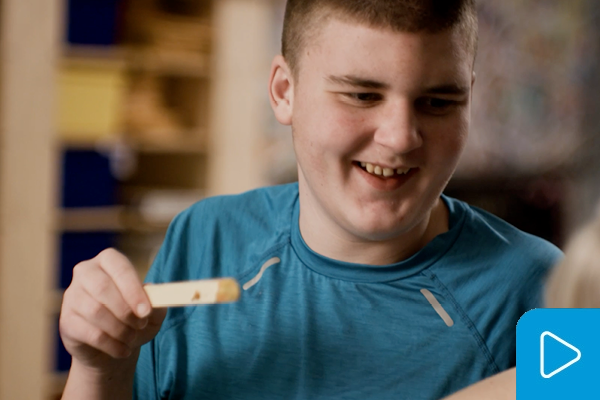1 MIN READ
Dealing with Trauma
By: Tristen Moore, CARE Coordinator
We've all experienced something in our life that would be considered traumatic even if we don’t look at all trauma as such. According to Medical News Today, "Psychological trauma is a response to an event that a person finds hard or stressful." We often feel stressed because our threshold for outside stimuli has hit a peak and therefore inhibits our ability to process information thoroughly.
Another example of when we might experience stress is when an event or stimuli alerts our amygdala in our brains and initiates our fight, flight, or freeze response. The amygdala is often known as the emotional response hub of the brain. When we experience any sensory stimuli, the amygdala is the first place the stimuli travel to in our brain.
The next place that stimuli travel to is our prefrontal cortex which is where our logical thinking, long-term consequence, and impulse control are housed. When we are in a high-stress situation and our fight, flight, or freeze response gets alerted in our amygdala, the oxygen is pulled from our prefrontal cortex which impairs our ability to think logically, assess long-term consequences, and our ability to control our impulses.
It is imperative to learn calm-down skills such as taking deep breaths in order to get the oxygen back into our prefrontal cortex so that we can begin to assess the situation logically. Otherwise, we will be stuck in a fight, flight, or freeze response making us unable to make well thought decisions. Once we learn what best calms our systems, it allows us to get out of a fight, flight, or freeze response. This makes us more able to handle high-stress situations. This will help us work through our traumatic experiences and learn to navigate the world through our view more easily.



